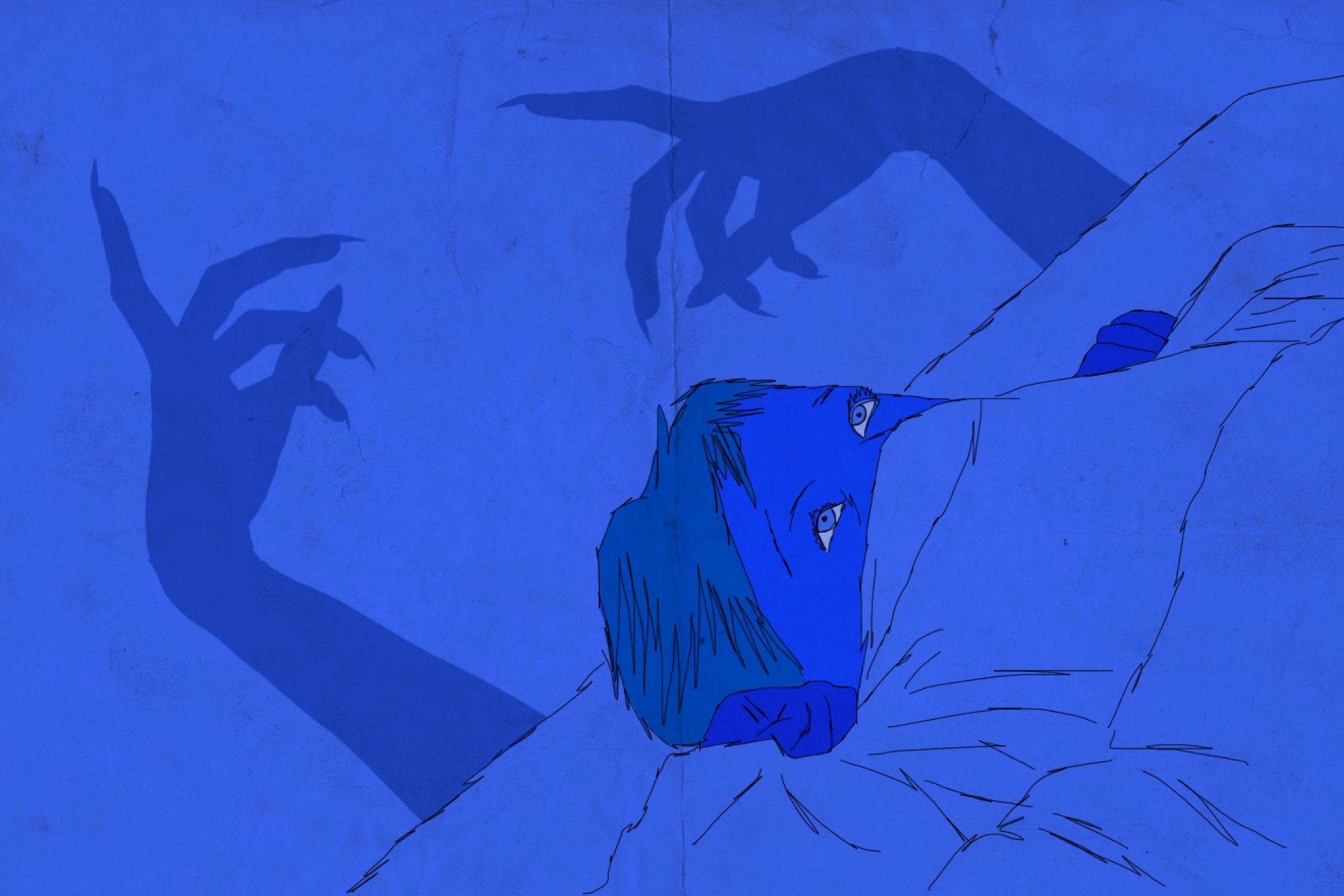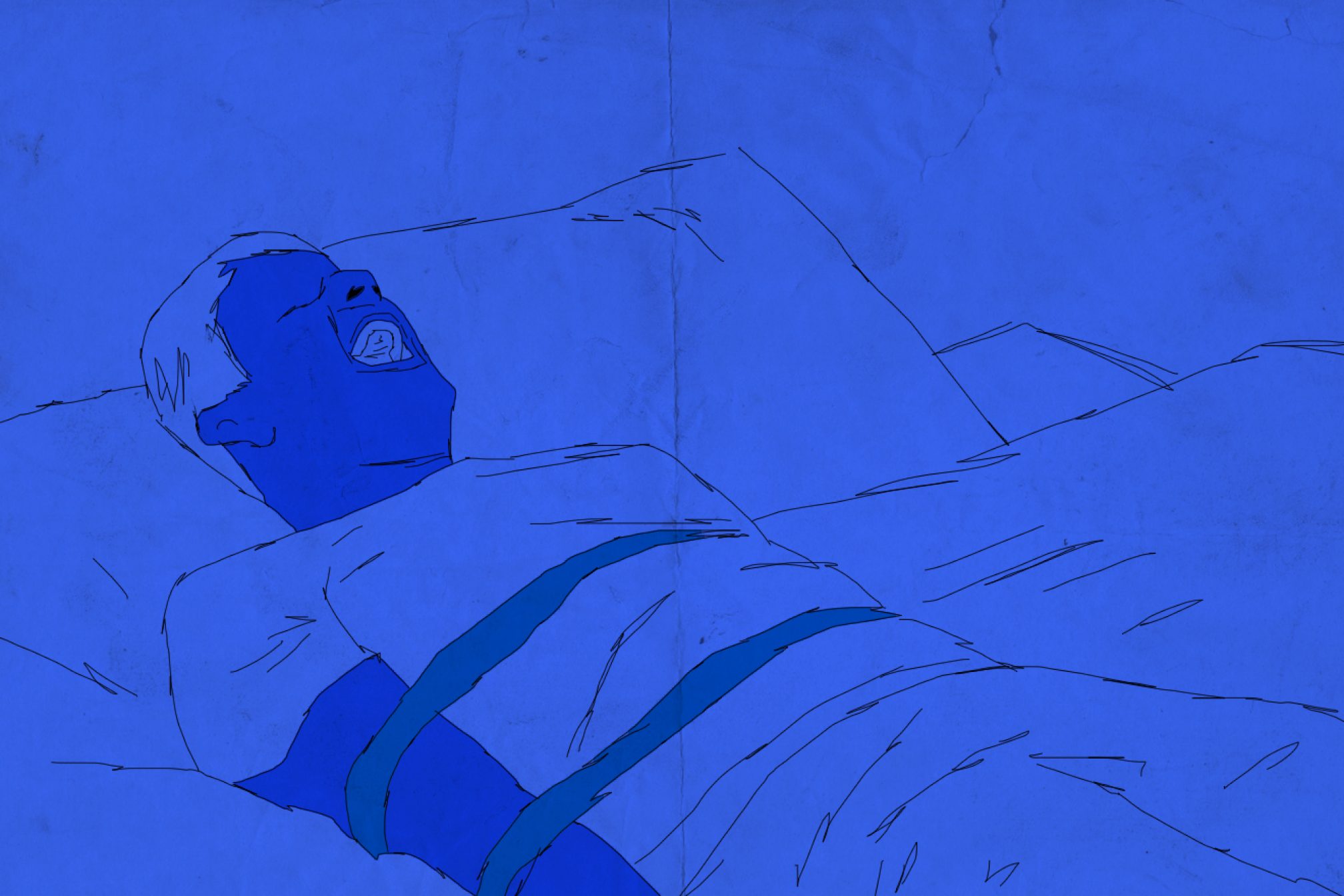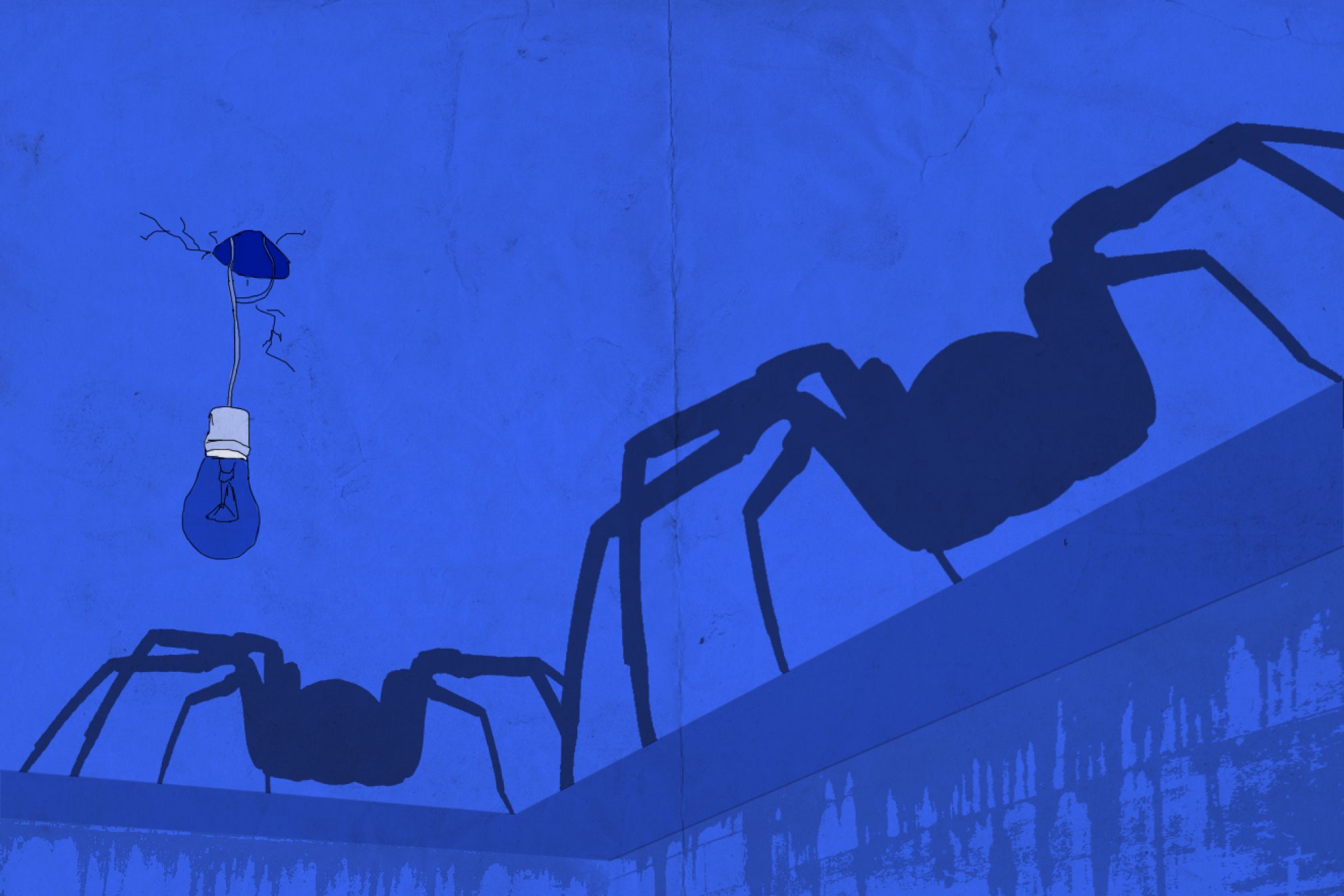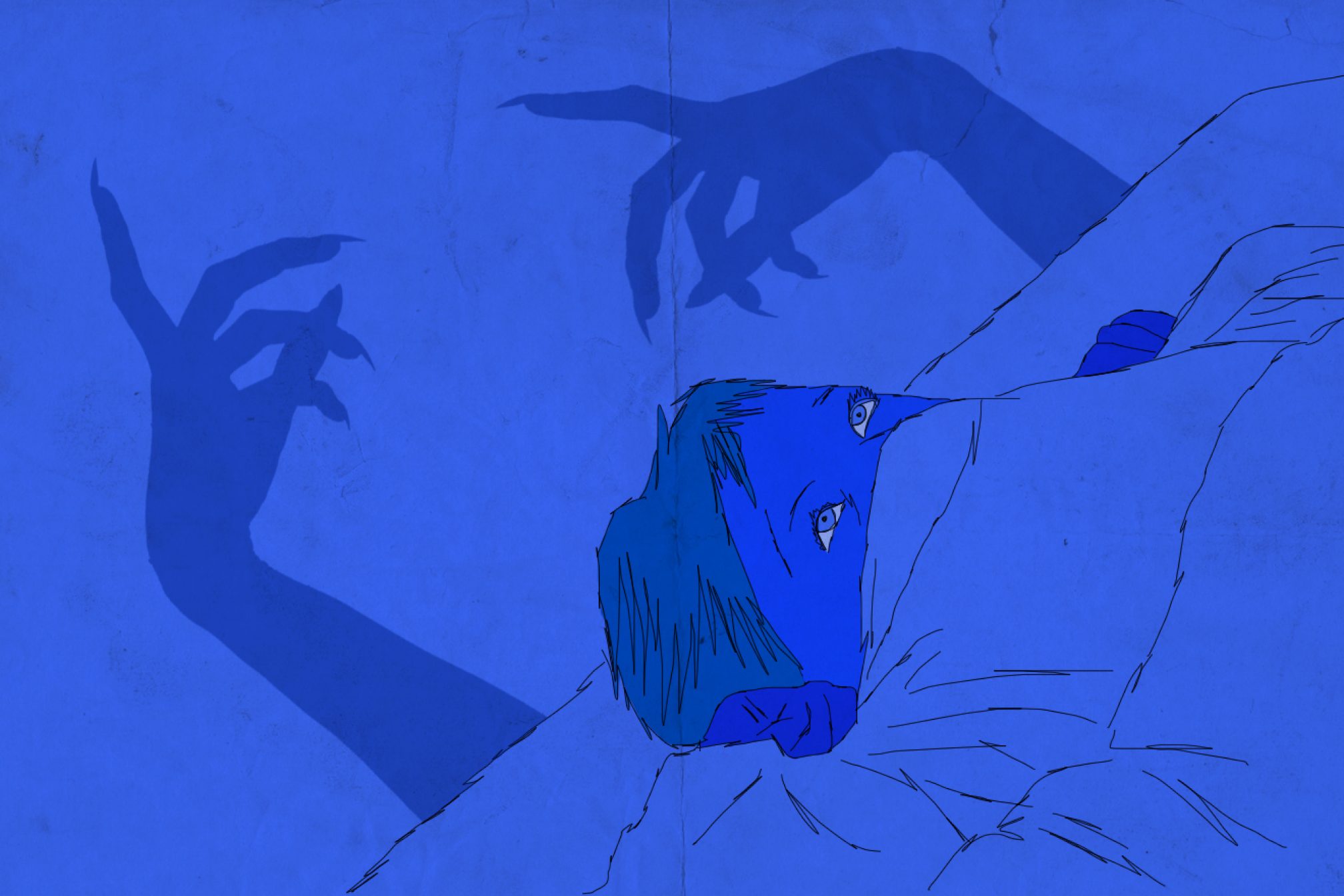 Features
Features
Spiders on the ceiling: What is sleep paralysis and how can you avoid it?
This is the last thing you need after a festival
We all know the following scenario:
On Sunday night you made your way back from wherever the hell you were caning it, coerced something greasy and comforting down your throat in a bid to normalise yourself, then crawled into a bed that never looks quite like how you left it after one of those weekends. You cling to your pillow, dreading the 7am alarm and your boss’ suspicious gaze.
But for some people, it’s Monday night — after the ‘hardest day of my life’ and #killmenow tweets — that the real fear sets in. Your body fails, your brain panics, and dread seeps through every nook and cranny of your bedroom.
I am of course talking about sleep paralysis, which can occur while you’re drifting off to sleep, or just waking up, and render you conscious but unable to move or speak. Most people who experience sleep paralysis can initially expect difficulty breathing and a few seconds of sheer panic before things subside. Ravers will know it thanks to the brain zaps and convulsions that it induces, too. Check your social media the morning after a festival and you’ll likely find status updates complaining of a terrifying night’s sleep (I’ve experienced seeing tarantulas and The Grudge crawling around on the ceiling.)

Sleep paralysis is something many overworked labourers and weekend warriors experience, the link being sleep deprivation. And more sadistic folk seem to fly a twisted flag for paralysis, claiming that it’s actually a form of lucid dreaming and just to go with it. After meeting a hippy twice my age at a festival, who was donning a knitted jacket, a cracky-looking pipe and no shoes, I naively broached the subject. While I was used to being greeted with a grimace and examples of a hairy encounter during such discussions, this guy was adamant sleep paralysis was to be embraced. I politely scuttled off, unconvinced these demons are in any way linked to Mother Ayahuasca.
If you’ve had it once, it’s likely to happen again and for some people it can become severe. The strength of hallucinations varies, but essentially not being able to move your body while your brain stays awake is terrifying. You can expect to see hallucinations as your brain dreams, but your mind retains slight consciousness. In essence, you’re seeing stuff from your nightmares, powerless to stop whatever is happening.
After discussing several methods to beat sleep paralysis with party goers over the years and exhausted nurses and labourers who have expressed their woes, I’ve found a range of ways that can beat symptoms: wiggling toes to regain consciousness, deep breathing, rocking yourself back and forwards with whatever muscles are working, for instance. Few have been totally effective when up against the mighty sleep paralysis. All too many people make the mistake of guzzling super addictive sleepers after a heavy one. Quick fix; high risk.

According to the National Institute on Drug Abuse, 12 million Diazepam prescriptions are written each year. 1.5 million people are fully addicted and users risk a 60 per cent chance of becoming dependant, as well as increasing the risk of respiratory problems and heart attack. As if the weekend comedown wasn’t bad enough, users of diazepam can expect further anxiety and depression, so it’s not something that should be considered as an option to escape any monsters-under-the-bed scenarios.
"Although there is no published data stating that it’s more common in clubbers, that I am aware of, certain substances are related to altered sleep patterns. Serotonin, which can be depleted by drugs like MDMA, is needed to maintain normal sleep architecture. Anything which alters serotonin and causes chemical imbalance can trigger sleep paralysis,” says Consultant Psychiatrist, Addiction Medicine Specialist and Founder of the Global Drugs Survey, Dr Adam Winstock. “If you think it’s drug related them give yourself a break for a few weeks or months, get yourself a good sleep pattern and see if it goes away."
There’s no pill to reverse the effects of sleep deprivation but Holland And Barrett offer boxes of 5HTP. 5-Hydroxytryptophan, also known as oxitriptan, is a naturally occurring amino acid a precursor for the brain to produce serotonin. According to manufacturers, there are no long-term side effects if the correct dose is taken, and after years of clinical trials giving it the all clear, shops have decided to stock up. 5HTP has been the subject of social media jibes, yes, but the effect of using a safe relaxant is potentially very helpful.

Taking just one pill (perhaps from Monday - Wednesday) could relieve your symptoms, but it’s not advised to rely on these solely. You can obviously help deal with your paralysis by aiming to get more sleep where possible, however if paralysis still creeps in, stay calm through the use of deep breathing and don’t try to fight symptoms. And you can also try a new sleeping position – for reasons unknown, attacks are more common while sleeping on your back.
High doses of alkaline nutrients will also help you drop off with less resistance; highly acidic foods keep your brain ticking over and intense sugars keep your body performing to the levels you have been demanding of it all weekend. As tempting as it is to order everything of the Chinese menu on a Sunday night, your first meal post-rave should include all the gear your body needs to make a rapid recovery.
So if going to sleep on the Sunday or Monday after a big weekend sounds like a chore, make sure you follow the steps above. Eat clean after the rave, stay away from prescription sleeping pills and maybe take a trip down to Holland & Barrett. Because no one wants the warm glow of a good rave spoiled by unwanted visions of demon arachnids.
Sophie Roberts is a freelance writer


